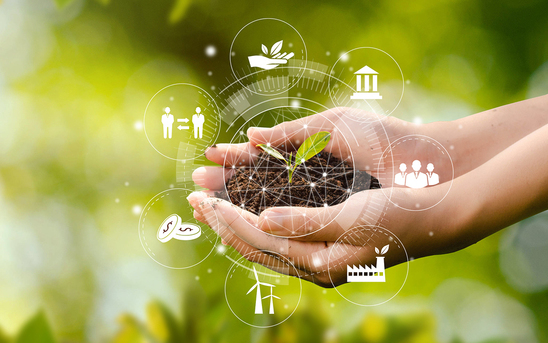If it’s been a while since you had that wonderful feeling of euphoria, there are measures you can take to elevate your mood by encouraging production of your bodies naturally occurring ‘happy hormones’.

Our hormones control many aspects of our body’s responses and certain hormones are known to help promote positive feelings, including happiness and pleasure.
Happiness is an emotional state that has a profound impact on our quality of life, enabling us to better form relationships, respond to change and deal with challenges that may come our way. There is a strong correlation between happiness and enjoying good physical health too. And there is no such thing as too much happiness in our lives, so whatever your current level is, there is always room for improvement.
Getting a ‘happy’ hit
Hormonal production is quite a complex aspect of human physiology; however we know that hormones are a reflection of your environment, relationships, exercise regime and dietary choices. In fact, recent studies even point to your gut microbes also playing a role on the production of certain hormones.i What’s exciting about this is you have the power to influence your mood by the choices you make every day.
Here’s a look at how to make the most of these natural mood-boosters.
Get moving
If you’ve heard of, or experienced, a ‘runner’s high’, you might already know about the link between exercise and the release of endorphins.
But exercise doesn’t just encourage the production of endorphins. Regular physical activity can also increase your dopamine – the ‘pleasure’ hormone that plays a motivational role in the brain’s reward system and serotonin – a mood stabiliser that contributes to feelings of wellbeing.ii
You don’t even have to pound the pavement to get the benefits, any intensive cardio exercise like swimming, cycling or rowing can work at stimulating those amazing brain chemicals, just make sure you keep the intensity high, and the routine varied so you are continually pushing yourself at the edge of your comfort zone.
That loving feeling
Oxytocin isn’t known as the ‘love hormone’ for nothing – pleasurable physical touch promotes the production of this chemical, so hugging and cuddling, having a massage, or even patting your pet can have a positive effect in elevating your mood.
Actually, it’s not just touch, any activity that involves positive interaction with others is also beneficial – having a chat with friends can increase oxytocin significantly. Surprisingly, even if you can’t get together in person, a chat on the phone or even connecting with your buddies via social media still works.
Laughter more than the best medicine
If you’ve ever been a bit down and felt much better after watching a funny movie or comedy performance and laughing yourself silly, there’s a scientific reason for your change in mood. Laughter stimulates the production of endorphins and oxytocins and reduces the body’s production of stress hormones.
Even the act of smiling releases those same chemicals and it’s possible to fake it ‘til you make it, as a fake smile has also been known to do the trick.
Music and meditation
Pop on the headphones as listening to music can give more than one of your happy hormones a boost. Different types of music can have different benefits. Listening to instrumental music, for example, especially emotive music that gives you ‘the chills’, increases dopamine production in your brain, making you feel relaxed and at peace. Energetic music with a powerful beat and strong baseline is more likely to increase your endorphin levels, leading to a more euphoric state of mind.
As you can see, there are many ways you can promote these happy hormones, just decide which ones resonate most with you and go for it.
While there are a lot of things that are out of our control which impact how we feel on a day-to-day basis, it is possible to make choices that will support your wellbeing on a hormonal and chemical level and hopefully help you to experience a brighter, happier life.
i https://atlasbiomed.com/blog/serotonin-and-other-happy-molecules-made-by-gut-bacteria/


